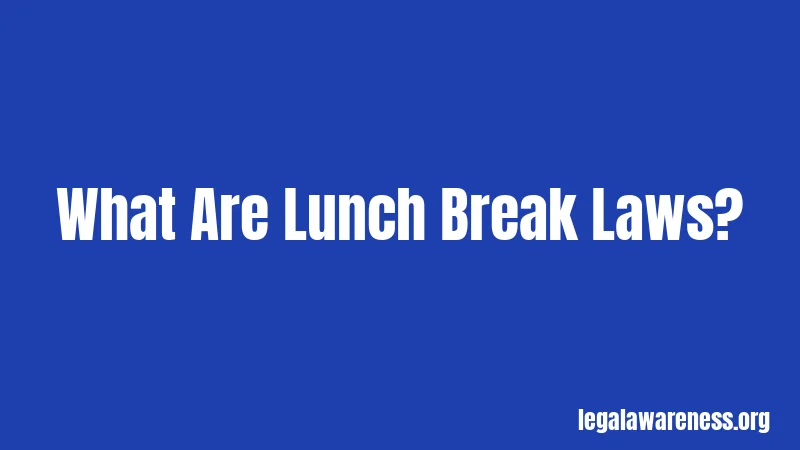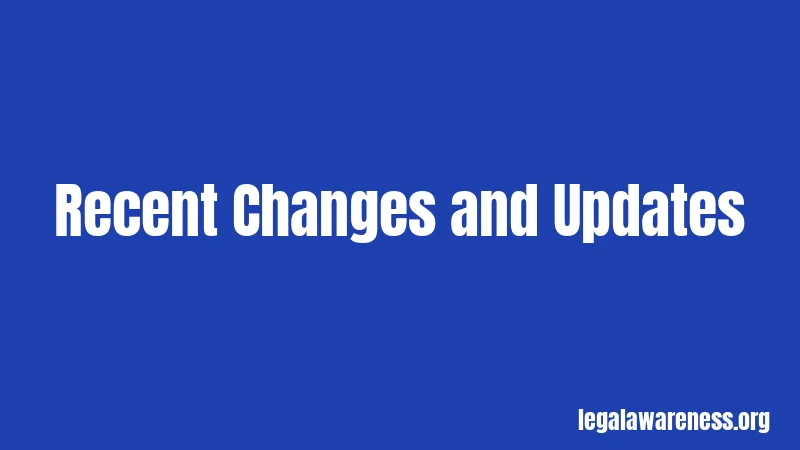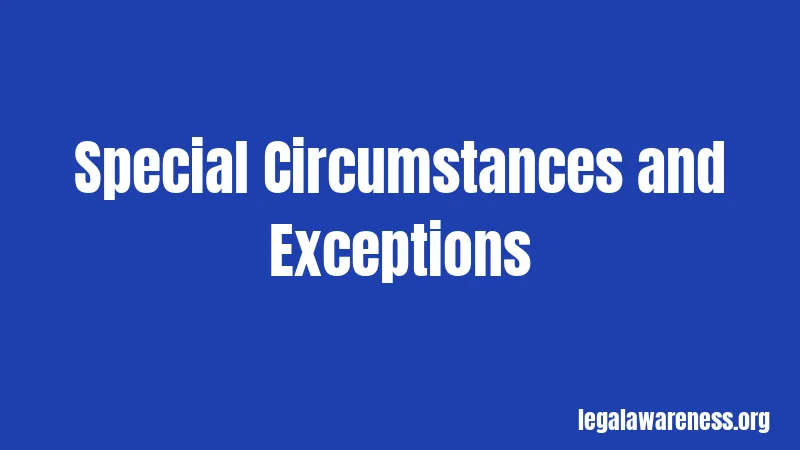Illinois Lunch Break Laws (2026): Your Rights at Work
Most people have no idea their employer legally has to give them a lunch break. Seriously. But in Illinois, the rules are actually pretty clear—and they’re designed to protect you. Let’s break down exactly what you need to know about your right to eat lunch without your boss breathing down your neck.
Here’s the thing: Illinois takes worker breaks seriously. The state has specific laws about when, how long, and how often you get to step away from work. If your employer isn’t following these rules, you actually have rights. Let’s dig into what those rights are.
What Are Lunch Break Laws?

Okay, pause. Let’s define this first. Lunch break laws are rules that say your employer has to give you time off to eat and rest during your work shift. Think of it like this: you’re a battery, and you can’t work at full capacity all day without recharging. The law recognizes that.
In Illinois, these laws exist for one main reason. Workers need breaks to stay healthy and productive. Without them, people get exhausted, make mistakes, and get hurt. So the state stepped in and said employers have to provide meal breaks. Pretty straightforward, right?
Illinois Lunch Break Requirements
The Basic Rule
Here’s where things get interesting. Illinois law requires employers to give employees a 20-minute unpaid lunch break if they work more than 6 hours in a day. Not 15 minutes. Not 10 minutes. Twenty minutes. And it has to be uninterrupted.
Now, here’s what most people miss: this break needs to happen as close to the middle of your shift as possible. So if you work 9 to 5, you should get your break around 1 or 2 p.m., not right before you clock out. Your employer can’t just throw a break at you whenever they feel like it.
The break also has to be paid time if you’re a certain type of worker. Wondering which workers get paid breaks? Let me break it down.
Who Gets Paid Breaks?
Not everyone gets paid during their lunch break. That’s the tricky part. If you’re a regular employee working a standard shift, your 20-minute lunch break is usually unpaid. You don’t get to sit in the breakroom and get paid while eating a sandwich.
But here’s the important part: if your job requires you to stay on the premises during lunch (like if you can’t leave the building), some situations change things. If you’re basically “on call” during your break, you might be entitled to payment. This is where it gets gray, honestly.
Salaried employees sometimes have different rules too. If you’re paid a flat salary, your breaks might be included in your compensation differently. This one can be tricky, so if you’re unsure, it’s worth asking your HR department.
Multiple Shift Rules
Working a really long day? The rules change. If you work more than 10 hours in a day, you might be entitled to a second meal break. This is where employers sometimes trip up—they forget about the second break rule.
Here’s the thing: if your shift is 10 to 12 hours long, you could be entitled to two 20-minute breaks. The exact timing depends on your shift, but the principle is the same. The law wants you eating regularly throughout the day.
Not sure if you qualify for a second break? Check with your employer or your employee handbook. It should spell out the break policy. If it doesn’t, that’s actually a red flag.
Recent Changes and Updates

Illinois hasn’t made major changes to its lunch break laws recently, but understanding the current rules is important. The 20-minute requirement has been the standard for years, and it’s still the law today in 2026.
However—and this is important—some municipalities in Illinois have tried to create stricter rules. Chicago, for example, has specific protections about rest breaks for workers. So if you work in Chicago, you might have even more protections than the state requires.
The bottom line? Check both your state protections and your city or county rules. You might have more rights than you think.
What Happens if Your Employer Breaks These Laws?
Hold on, this part matters. If your employer isn’t giving you the required lunch break, that’s a violation. And violations have consequences.
First, let’s be clear: you can’t be fired for taking your legally required lunch break. That’s illegal. Your employer can’t retaliate against you for asking for what the law says you deserve. If they try, that’s wrongful termination, and you have a case.
So what are the actual penalties for employers? The state can fine companies that don’t follow lunch break rules. The amounts vary, but employers take these fines seriously. Think of it like a traffic ticket, but for breaking labor laws.
For you as an employee, the consequences are different. You’re not getting in trouble here—your employer is. If you’ve been denied breaks you were legally entitled to, you might be owed compensation. Some workers have successfully sued for back pay.
Special Circumstances and Exceptions

Now, here’s where things get interesting. Not every job has the same rules. Some industries and positions have different requirements.
Healthcare workers, for example, sometimes operate under different break rules. If you work in a hospital, nursing home, or medical facility, your breaks might be scheduled differently because of patient care needs. But you still get breaks—they’re just managed differently.
Emergency workers like firefighters and police officers also have different rules. Their schedules don’t always allow for a traditional 20-minute lunch break in the middle of the shift. The law recognizes this and allows for flexibility.
What if you work a job where you eat with customers? Like if you’re a server or bartender? You still get a break, but it might be harder to enforce because the nature of your work is different. This one’s probably the most common source of confusion, honestly.
If you’re an independent contractor, the rules don’t apply to you. You’re technically your own boss. But if you’re classified as an employee, these rules protect you.
Can Your Employer Change the Rules?
You’re probably wondering: can my boss just decide to give me 10 minutes instead of 20? Nope. Illinois law sets the minimum, and employers can’t go below it. Think of it like a speed limit—you can go slower, but not faster.
What employers CAN do is give you MORE than 20 minutes. They can also schedule it differently if you agree to it. But they can’t force you to work through lunch or give you less than what the law requires.
If your employee handbook says something different from what the law says, the law wins. Every time. Your handbook can’t override state requirements.
How to Report a Violation
So what if your employer isn’t following the rules? You actually have options. Don’t just accept it—you can take action.
First, try talking to your employer directly. Sometimes it’s an honest mistake or miscommunication. Tell your manager or HR that you’re not getting your required lunch break. Be specific about dates and times. Give them a chance to fix it.
If that doesn’t work, you can file a complaint with the Illinois Department of Labor. They investigate violations and can enforce the rules. You can do this without your employer even knowing it was you in some cases (though not always).
You can also consult with an employment lawyer. Some work on contingency, which means they only get paid if you win. Many offer free initial consultations, so there’s no risk in asking.
Document everything. Keep records of when you didn’t get your break. Write down what happened and when. This evidence is gold if you end up needing it.
Frequently Asked Questions
Does my employer have to pay me for my lunch break? Not usually. The 20-minute lunch break is typically unpaid time. However, if you’re required to stay on premises or remain “on call,” it might be paid. Check your employee handbook or ask HR.
What if my job doesn’t allow a 20-minute break in one chunk? Technically, the law requires it to be uninterrupted. But if your job makes that impossible, you should talk to your employer about how to handle it. Some workplaces find creative solutions that work for everyone.
Can I skip my lunch break if I want to leave early? Not legally. Your employer still has to offer it, even if you don’t want it. You can refuse it, but they can’t punish you for wanting to take it either.
Do part-time workers get lunch breaks? Yes. If a part-time worker is there for more than 6 hours, they get the 20-minute break. Hours matter more than whether you’re full-time or part-time.
What if I work remote? If you’re working from home, you still get your break. The location doesn’t change the requirement. Your employer can’t expect you to work through lunch just because you’re at home.
Final Thoughts
Now you know the basics about Illinois lunch break laws. You’re entitled to a 20-minute uninterrupted lunch break if you work more than 6 hours. Your employer can’t take that away. If they try, you have legal options.
Here’s my best advice: know your rights, document any violations, and don’t hesitate to speak up. You deserve to eat lunch without stress. If your employer isn’t following the rules, that’s on them—not you. Stay informed, and when in doubt, reach out to the Illinois Department of Labor or consult with an employment lawyer. You’ve got this.
